Ferrari’s Alleged Tire-Cooling Scandal Could Be the Defining F1 Controversy of 2024
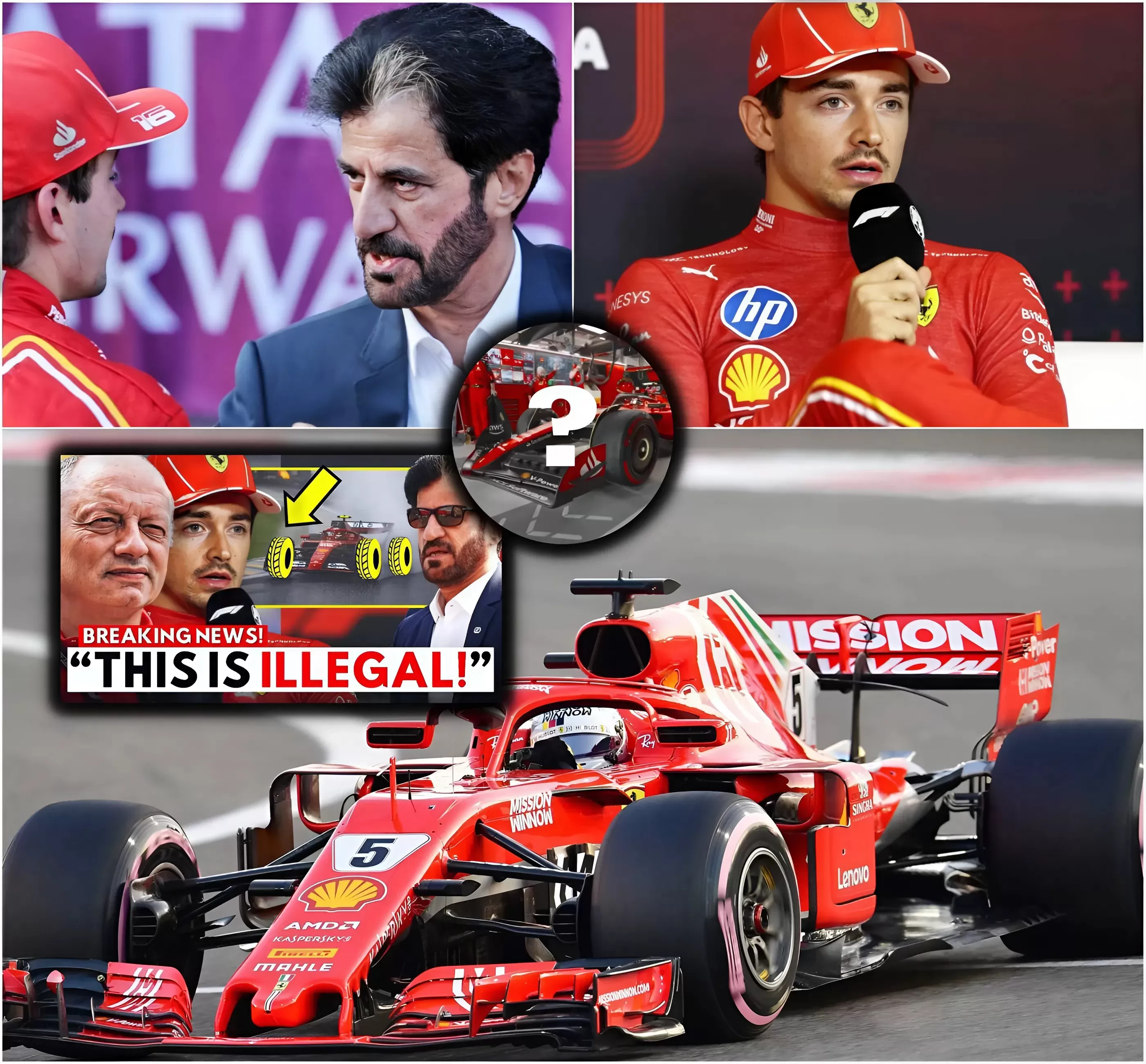
The 2024 Formula 1 season has kept fans on edge, with each race bringing unprecedented competition and narrowing the performance gaps between top teams. But an explosive accusation now overshadows the excitement, implicating Ferrari in a potentially illegal tire-cooling system used during the recent São Paulo Grand Prix. If proven true, this scandal could deeply impact Ferrari’s Constructor’s Championship race against McLaren and Red Bull and cast a shadow on the season’s integrity.
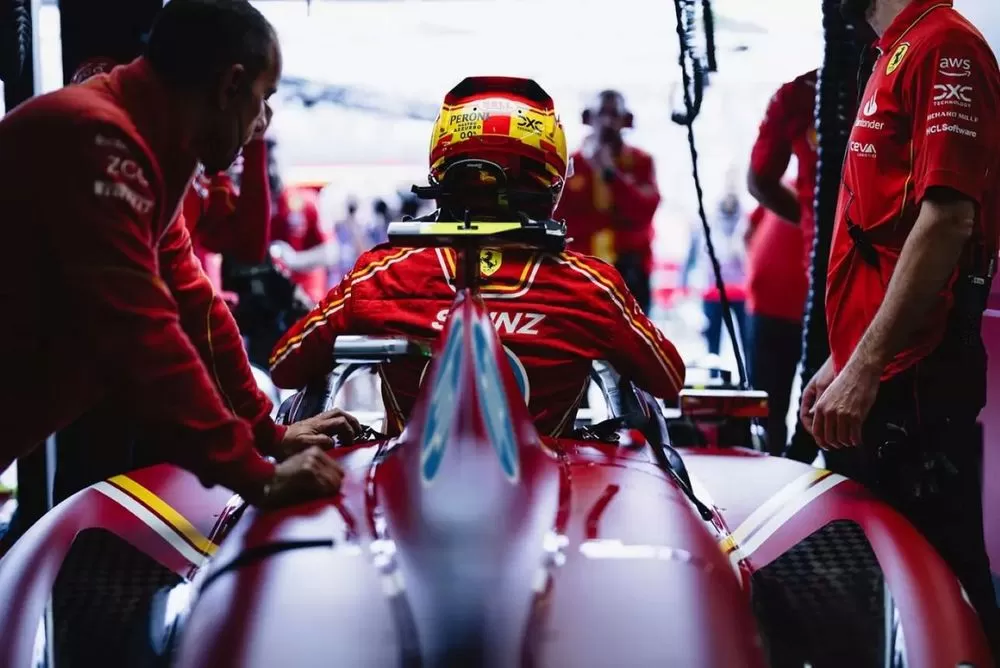
Reports surfaced from Italy’s AutoSprint, alleging that Ferrari used a banned tire-cooling technique to improve performance by reducing tire degradation, allowing for extended stints on the track. The system purportedly involves water injection through the rim spokes, maintaining tire temperatures and pressures. Red Bull, no stranger to accusations over competitive innovations, has called for an extensive FIA investigation to address suspicions swirling around Ferrari and McLaren.
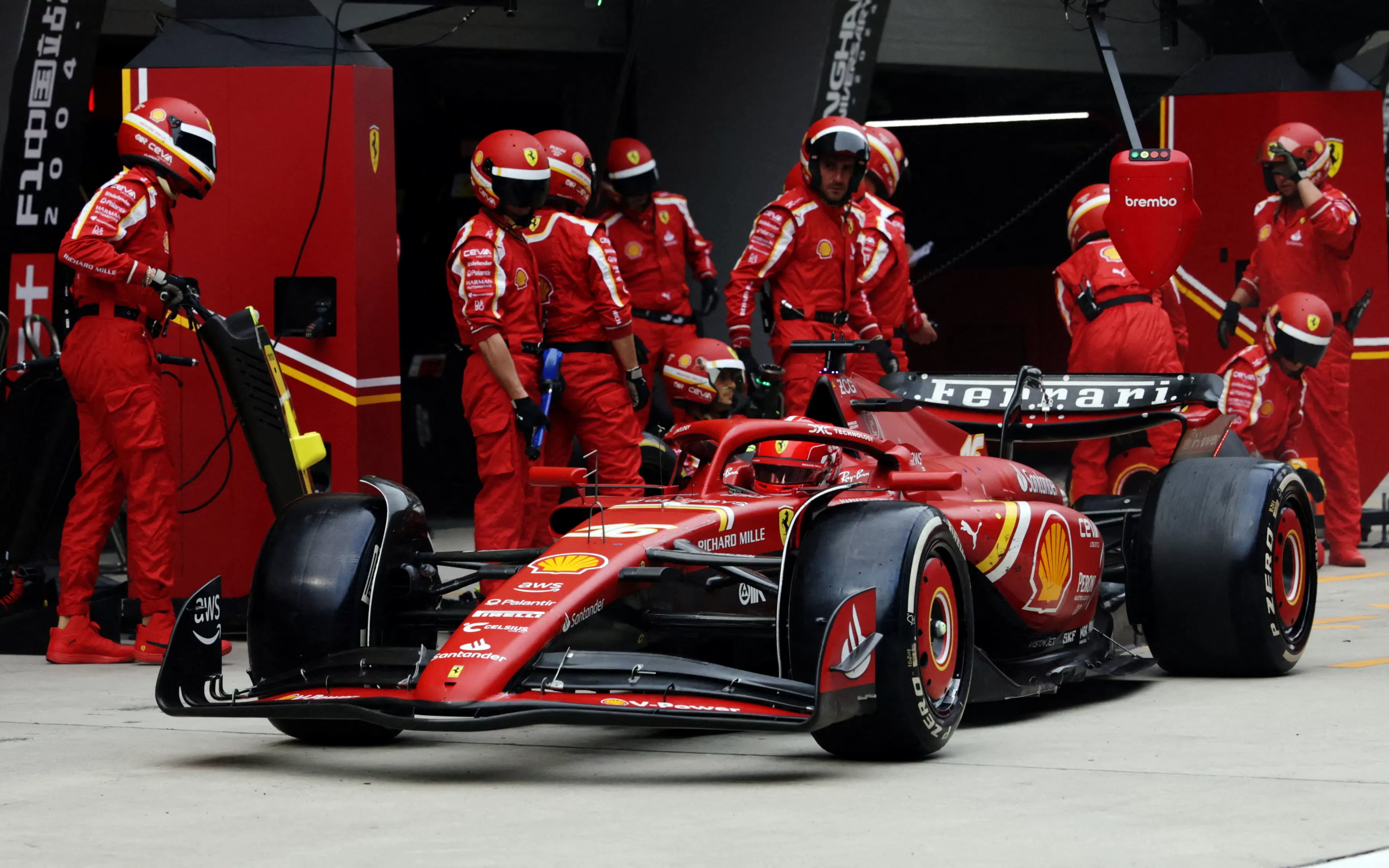
Earlier this season, McLaren also faced accusations regarding an allegedly modified double DRS system. The controversy, which emerged after the Azerbaijan Grand Prix, forced McLaren to revise their design following intense scrutiny. Similarly, Red Bull’s performance appeared impacted when the FIA implemented a brake cover regulation that the team claimed hurt their braking system, sparking debate over whether teams had maximized a now-banned technique. Each incident has underscored how minor technical innovations can potentially alter race outcomes, with rival teams quick to capitalize on any suspected breach of regulations.
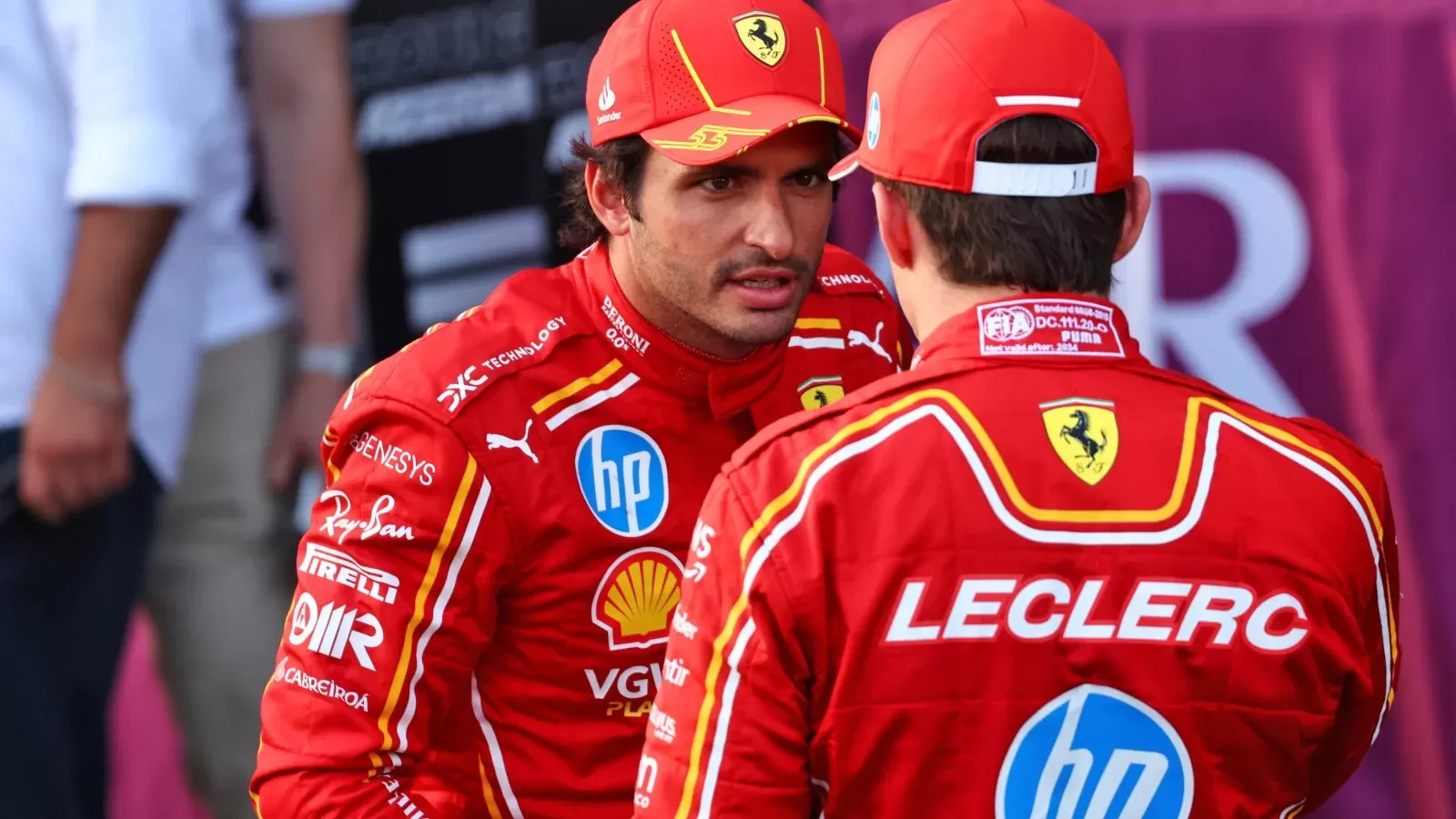
In São Paulo, McLaren faced additional accusations of manipulating tire temperatures through a water-injection technique, strictly forbidden under F1’s regulations. Red Bull team principal Christian Horner, an outspoken advocate for transparency, initially confronted McLaren about this alleged method but soon turned his focus toward Ferrari as rumors suggested they might be employing similar tactics. AutoSprint further reported that whispers of Ferrari’s involvement in a tire-cooling scheme intensified following McLaren’s accusations, prompting a more aggressive investigation push from Red Bull.

Interestingly, this is not the first time F1 has faced debates over tire-cooling systems. Between 2016 and 2018, Red Bull reportedly used a similar water-injection method until the FIA banned it outright. The complexity of replicating this technique in real-time racing conditions is immense, yet the potential advantage is significant: reduced tire degradation and better control over tire pressures could yield crucial seconds, especially during high-stakes stints.
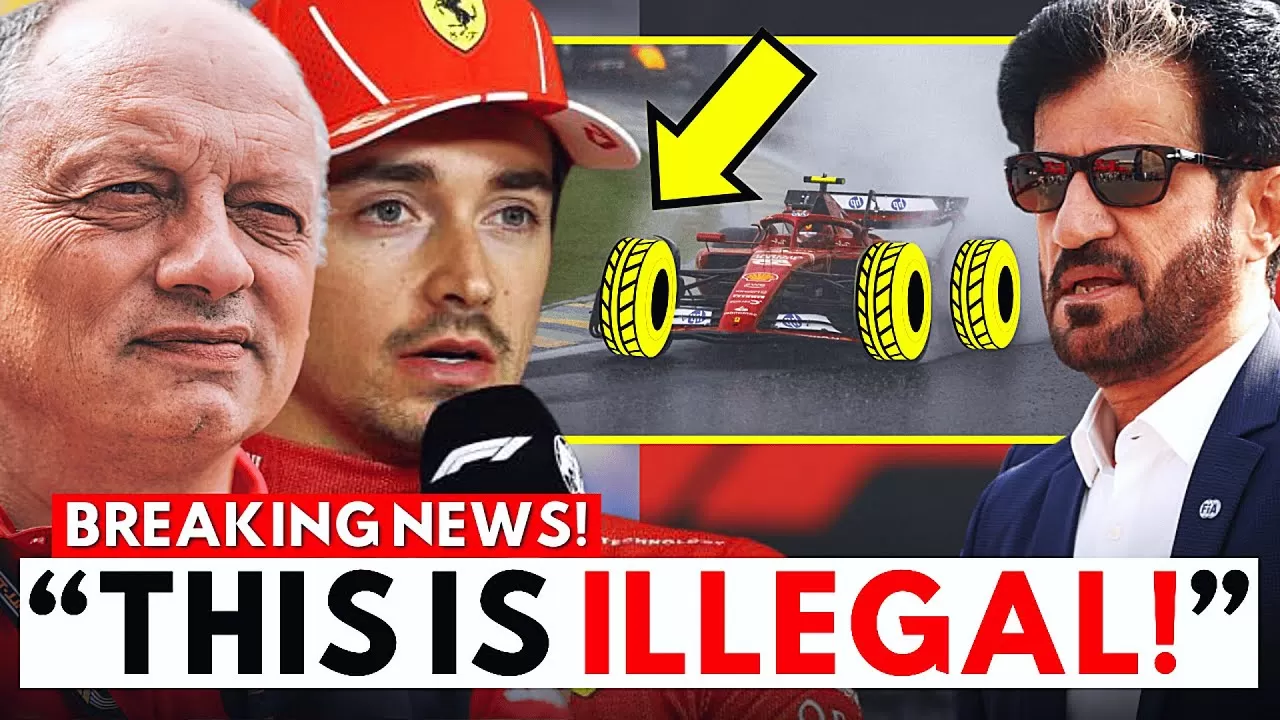
For Ferrari, this Constructor’s Championship is pivotal. Charles Leclerc recently missed a podium finish in São Paulo, while teammate Carlos Sainz faced a challenging race marred by two qualifying crashes. Each point holds immense value in a close battle for dominance, and even the slightest performance edge could sway the standings. If Ferrari’s tire-cooling system claims hold weight, the team could face severe penalties, ranging from hefty fines to possible disqualification. Such consequences could damage not only Ferrari’s season aspirations but also its longstanding legacy in F1.
As the FIA grapples with mounting pressure to investigate, the tension within the paddock is palpable. Horner’s push for clarity and regulation enforcement underscores the widening divisions between teams, each desperate to maintain or gain even a minimal advantage. The accusation against Ferrari, one of F1’s most iconic names, has raised fears that technological innovations may now straddle the fine line between competitive ingenuity and outright rule-breaking.
Whether Ferrari’s alleged tire-cooling system is a minor oversight or a premeditated breach of regulations, this season could become a benchmark for how F1 enforces its technical rules. With the sport set for substantial changes in 2026, including shifts to smaller, lighter cars with enhanced electric power, any innovation or tactic that falls under scrutiny now could redefine the playing field in the years to come.
As fans and teams await the FIA’s decision, one thing is clear: in a championship as close as 2024, where every strategy and second counts, this investigation may shape not only the outcome of this season but also F1’s approach to innovation and regulation. The balance between engineering prowess and fairness hangs in the balance, and Ferrari’s fate could mark a pivotal moment in F1 history